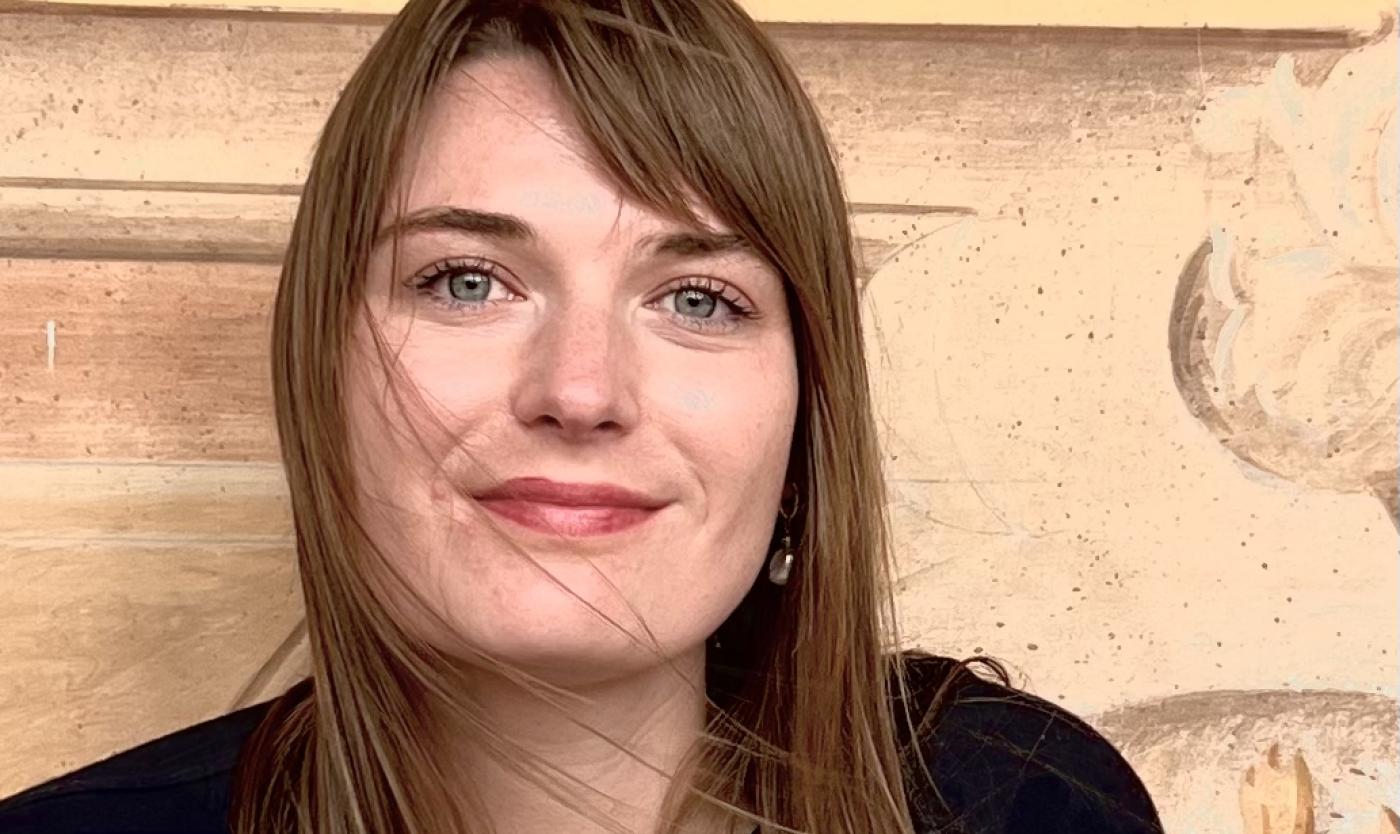
Care is not the exclusive task of professional carers, but of everyone. So says PhD researcher Charlèss Dupont, whose work focuses on early care planning for people with dementia. She is helping to raise funds and awareness via the international Walking the Talk for Dementia fundraising campaign.
The End of Life Care research group has teamed up with the non-profit Alzheimer Liga Vlaanderen and Expertisecentrum Dementie Vlaanderen to set up a campaign to sponsor people with dementia and their family caregivers who will take part in Walking the Talk for Dementia.
From 30 April to 7 May, 150 people with dementia, their loved ones, carers and dementia researchers from around the world will walk part of the famous Santiago de Compostela pilgrimage route. After the walk, there will be a two-day symposium to share the latest research in the field, focusing on the voices of people with dementia.
“People diagnosed with dementia sometimes feel they are not seen as whole, and too often people label people diagnosed with dementia as "incapable". The initiative aims to allow people with dementia and their carers to walk the route together. Researchers and healthcare professionals are also asked to participate in the walk to learn from each other and make connections along the way.”
The Walking the Talk for Dementia initiative was created by Brazilian writer Fernando Aguzzoli-Peres.

VUB researcher Charlèss Dupont: “My research focuses on early advance care planning for people with dementia.”
What can you do?
You can help raise awareness for dementia. Run the Antwerp 10 Miles event (and get sponsored for it) or donate to join one of nine walking routes in Flanders and Brussels. Find out more here.
Nothing about us without us
Charlèss Dupont obtained her master’s in management and policy in healthcare at VUB. She conducted research to implement quality indicators in Flemish palliative care services. Now she is working as a PhD researcher on the CAPACITY project, developing an online advance care planning tool for people with dementia and their family caregivers.
“Most palliative care is provided by a professional caregiver, while everyone can co-care at this stage of life.”
“Advance care planning is thinking about goals and preferences for future medical treatment and care, and discuss these with family and healthcare professionals. People with dementia are the experts, so we involve them as much as possible in our research. The principle is ‘nothing about us, without us’, because they know best how we can improve care for them.”
Website
“We developed a website to support people with dementia and their families to think and talk about the disease, the future and their wishes and goals for care and treatment. We started with an user-needs analysis: what do people with dementia need to be able to talk about advance care planning? Based on that, we started developing the website. We checked with the target group what the website should look like, what colours to use, what fonts to use, etc. The Alzheimer Liga Vlaanderen and Expertisecentrum Dementie Vlaanderen are also involved in the project. We’re now conducting an evaluation study; we will complete the study by the end of April and the website should be operational by summer.”
Capacity
Dupont’s project is part of the CAPACITY study, an interuniversity Strategic Basic Research project supported by the Research Foundation – Flanders (FWO). The premise is that palliative care is everyone’s responsibility. It aims to involve actors in contexts beyond professional care services, such as citizens, sociocultural associations, local communities and wider society.